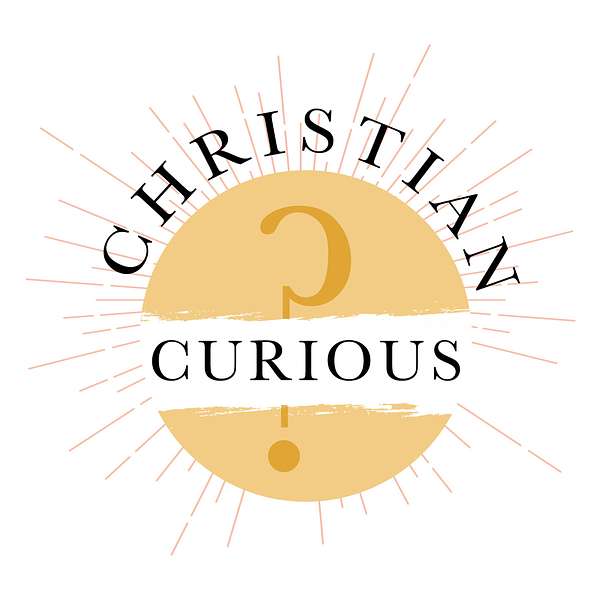
Christian Curious
Christian Curious
85. Are Science and Faith Really Enemies? (Part 1)
In the last century or so, there has been a growing chasm between science and religion. However, our hunch is that they're more related than they might seem. So, in this episode of Christian Curious, we will explore the age-old question: are science and faith really enemies? We spoke with Dr. Sy Garte who has a Ph.D in biochemistry and is the author of “The Work of His Hands: A Scientist’s Journey from Atheism to Faith” to learn more.
Shownotes: https://www.christiancurious.com/blog/science-and-faith
“Science can purify religion from error and superstition, and religion can purify science from idolatry and false absolutes.” --Pope John Paul II
Throughout my undergraduate degree, my professors strongly advocated for a world devoid of God and built upon science. Science alone could explain the beginnings of the universe, the evolution of humankind, and our ultimate destiny. Religion was a fairytale and the enemy of science.
Maybe you have experienced a divide like this. Perhaps you’ve struggled to understand how science and faith could coexist. In this blog post and corresponding podcast episode, we will explore the age-old question: are science and faith really enemies? I interviewed Dr. Sy Garte who has a Ph.D in biochemistry and is the author of “The Work of His Hands: A Scientist’s Journey from Atheism to Faith” to learn more.
Sy Garte grew up in a communist home, and his parents denounced anything religious. He always felt like something was missing, and for a while, science satiated that gap. However, it wasn’t a sustainable solution. Eventually, Sy converted to Christianity and realized the presence of God was what he was missing all along.
Halee: Was there a distinct moment when you converted to Christianity?
Sy: For me, it was really a slow, multistep process. It started with me learning about things in science that disputed the whole materialistic worldview I had grown up with, and I began questioning that view. I became an agnostic because I had no idea what I believed. There were things in science such as quantum physics and biology that didn’t fit with pure materialism.
After I acknowledged that God was a possibility, I started to have some experiences. What brought me over the threshold was a sermon on a Christian radio station. The speaker was eloquent, and I started to wonder how I would give a sermon. I could see myself outside preaching to some people, I pulled the car over, and I started to see myself speaking to people. The words weren’t my own, and I ended up preaching “If Jesus could love a sinner like me, he loves all of you, too.” These concepts had never dawned on me before, and I knew when the sermon was over that they had not come from me, but they had come from the spirit of God. I started crying and said, “I’m a believer.” At that point, a huge weight came off of me, and I felt liberated.
Halee: For centuries, people have pitted science and religion against each other, to the point where they’re hostile. Why do you think this is the case?
Sy: The conflict between science and Christianity is fairly recent. Almost all scientists through the 19th century were devout Christians: Pasteur, Galileo, Flemming, etc. It wasn’t until the turn of the 20th century that skepticism around religion began to grow and the ‘divide’ between religion and science became a philosophical issue. Some of it was in relation to Darwin’s theory of evolution (though many Darwinians were Christians.) There was an overarching wave of thought that preached science was the answer to everything.
